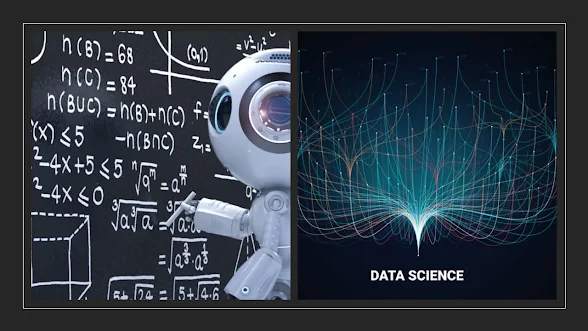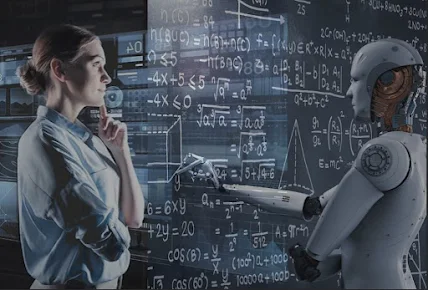In the realm of artificial intelligence (AI) and machine learning (ML), there's a prevailing misconception that one must be a mathematical genius to excel in these fields. However, the reality is far more nuanced. Let's explore the question: can you do AI and machine learning without math?
Understanding the Perceived Barrier
The Math Myth
Many aspiring AI and ML enthusiasts are deterred by the perceived need for advanced mathematical proficiency. Terms like linear algebra, calculus, and statistics can seem daunting, leading some to believe that they must master complex mathematical concepts before delving into AI and ML.
The Fear Factor
For those with a fear or aversion to math, the prospect of tackling AI and ML can be especially daunting. The assumption that math skills are a prerequisite may discourage individuals from pursuing their interests in these transformative fields.
Dispelling the Myth: Yes, You Can!
Accessible Learning Resources
Fortunately, there are abundant resources available for learning AI and ML that cater to individuals with varying levels of mathematical aptitude. From online courses and tutorials to books and interactive platforms, aspiring learners can find accessible pathways to acquiring AI and ML skills.
Practical Application
In reality, AI and ML encompass a broad spectrum of techniques and approaches, many of which do not require advanced mathematical expertise. Techniques like machine learning without math and AI without machine learning focus on practical application and implementation rather than theoretical mathematical underpinnings.
Exploring Alternative Paths
Visual Programming Tools
Visual programming tools such as TensorFlow and scikit-learn abstract complex mathematical concepts, allowing users to focus on model design and experimentation without getting bogged down in the intricacies of mathematical notation.
High-Level Libraries and Frameworks
High-level libraries and frameworks like Keras and PyTorch provide intuitive interfaces and pre-built functions for common AI and ML tasks, minimizing the need for manual mathematical calculations.
Embracing Diversity in AI and ML
Multidisciplinary Collaboration
AI and ML benefit from multidisciplinary collaboration, drawing insights and expertise from fields such as computer science, engineering, psychology, and business. A diverse range of skills and perspectives enriches the development and application of AI and ML solutions.
Focus on Problem-Solving
Ultimately, the essence of AI and ML lies in problem-solving and innovation. While mathematical proficiency certainly has its advantages, creativity, critical thinking, and domain expertise are equally valuable assets in the field of AI and ML.
Breaking Barriers, Embracing Possibilities
In conclusion, the notion that you can't do AI and machine learning without math is a myth that deserves to be debunked. While mathematical knowledge certainly has its merits, it is not an insurmountable barrier to entry. With determination, curiosity, and access to the right resources, anyone can embark on a journey into the fascinating world of AI and ML.








.jpg)





.jpeg)


0 Comments